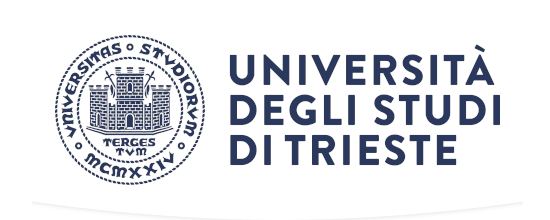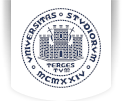This degree program is set up with the purpose of providing a sound cultural base in the ICT area; these competences, capped with a Master degree ("laurea magistrale"), allows the student to undertake succesfully and satisfactorily a high-level engineering career. This degree offers anyway professional competences that are adequate for those who wish to find a job after this first step only.
Following this approach, it is planned that after getting this degree the student will possess solid knowledge and learning tools enabling him/her to be productive and effective along a whole working life, notwithstanding the speed with which technologies advance in the ICT field. Such competencies will allow him/her to understand and to face the continuously changing scenarios of the present and of the future. Consequently, the course plan is formed by a relatively large initial set of credits in topics such as mathematical analysis, geometry, probability and statistics, physics. More specific competences are later built upon these foundations.
The course plan is structured along different curricula, which cover almost all the sets of disciplines that characterize the L-8 degree specifications in the Italian law. Moreover, they correspond to the scientific competences of the faculty research groups and, at the same time, to important agencies and companies in the same geographical area, nation-wide, and internationally. The curricula are meant to build a framework focused on a set of different themes; however, a student wishing to include a wider spectrum of knowledge can propose a personalized track, formed by courses belonging to different curricula.
Several groups of disciplines are defined. So-called "base" disciplines are those deemed necessary for any engineer (maths and hard science disciplines); "characterizing" disciplines for this course of study are related to generic ICT engineering, like electronic circuits and systems, computer networks, telecommunication networks, data processing and management, etc.; finally "affine" disciplines are connected with the different curricula and application fields.
Access to the work market after the laurea degree is granted by the professional competences provided by the characterizing and affine disciplines. For a student who instead wishes to continue towards a Master degree, which is the main option that the faculty suggests, Master degrees in Electronic and Computer Engineering, and in Clinical Engineering are available in Trieste.


